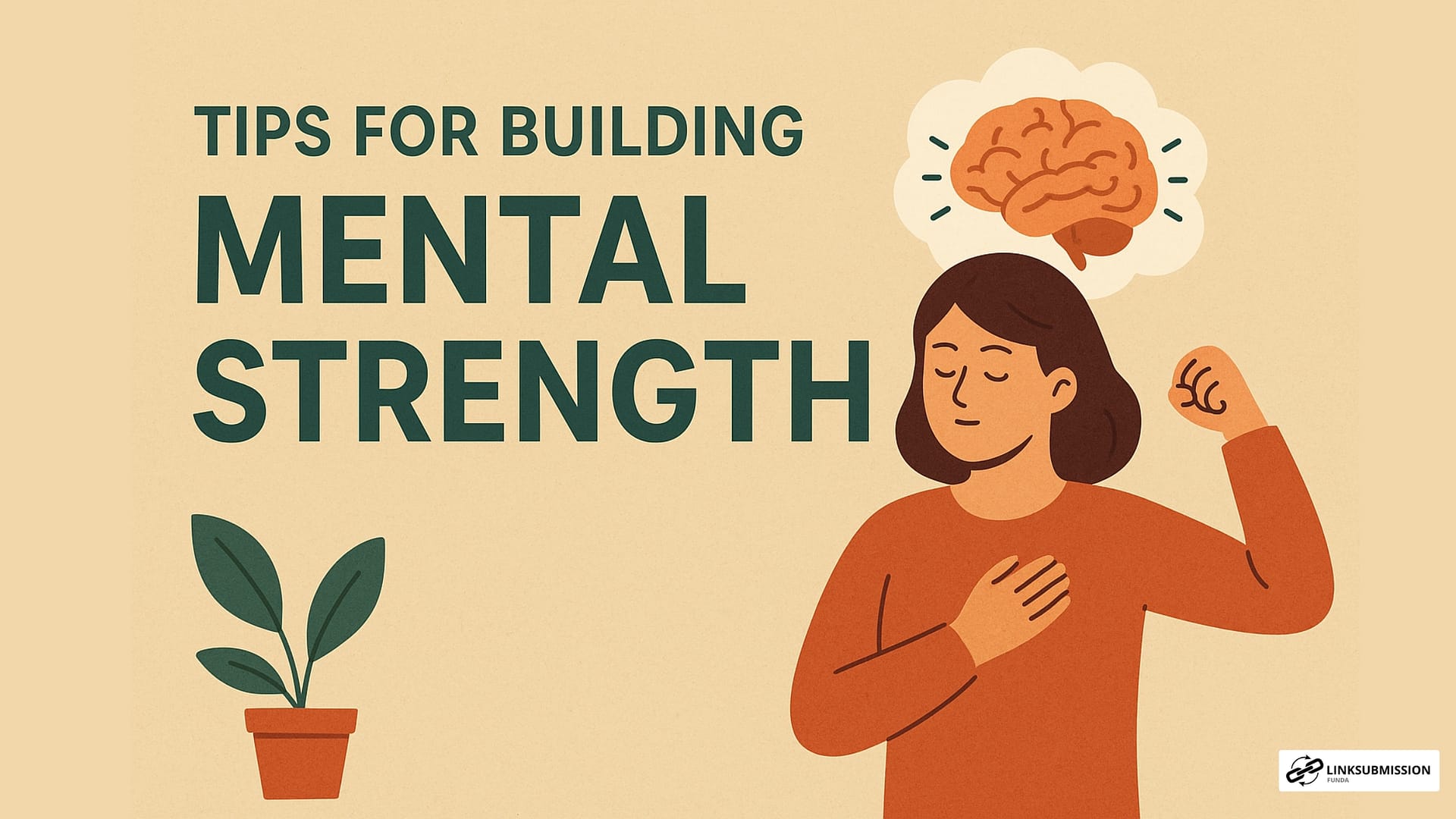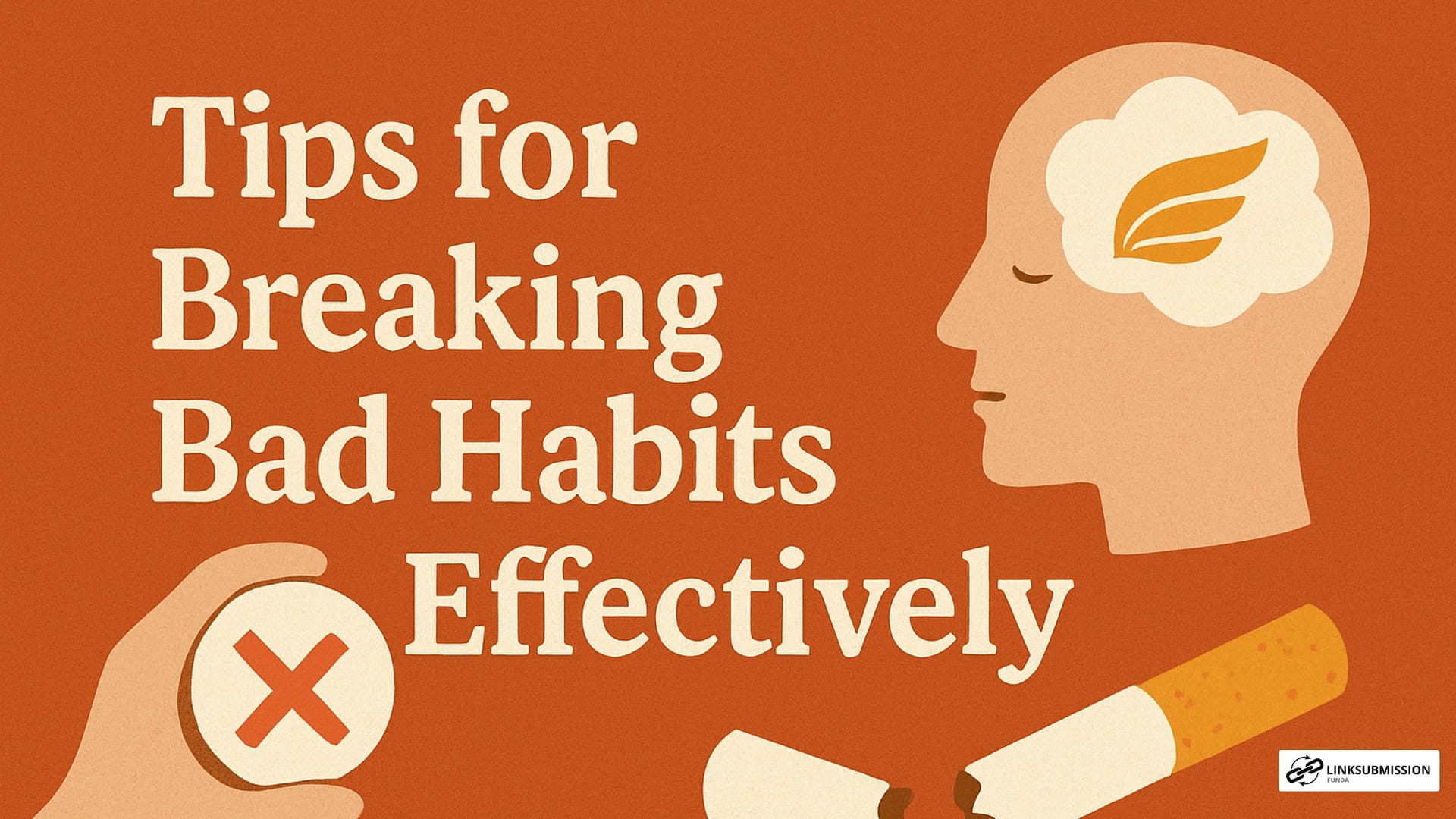In today’s fast-paced and unpredictable world, mental strength is just as important as physical fitness. It’s the foundation that helps you face challenges, adapt to change, and keep moving forward despite setbacks. Unlike talent or intelligence, mental strength is not something you’re born with — it’s a skill you can develop over time through practice and self-awareness.
If you want to boost your emotional resilience and strengthen your mindset, here are some practical tips to help you get started.
1. Accept What You Can’t Control
One of the quickest ways to drain your energy is by stressing over situations that are beyond your control. Whether it’s the economy, the weather, or someone else’s opinion of you, worrying won’t change the outcome.
Instead, focus on what you can control — your actions, your attitude, and your reactions. By shifting your energy to things within your influence, you’ll feel more empowered and less frustrated.
Tip: The next time you feel overwhelmed, ask yourself: Is this something I can control? If the answer is no, let it go.
2. Challenge Negative Thoughts
Your mind can be your greatest ally or your toughest enemy. Mental strength comes from training your brain to work for you, not against you.
When negative self-talk creeps in — “I’m not good enough” or “I can’t do this” — challenge those thoughts with facts and optimism. Replace “I can’t” with “I’ll try” or “I’m learning.”
Tip: Keep a journal to record your negative thoughts and reframe them into positive, realistic statements.
3. Practice Gratitude Daily
It’s easy to focus on what’s missing in life, but gratitude shifts your perspective toward what you already have. Gratitude has been linked to increased happiness, better relationships, and improved mental health.
Start each day by listing three things you’re thankful for — no matter how small. Over time, this habit will train your brain to notice the positives even in tough situations.
4. Step Out of Your Comfort Zone
Growth doesn’t happen when you stay comfortable. Pushing yourself to try new things — whether it’s public speaking, learning a skill, or meeting new people — builds confidence and resilience.
Every time you take on a challenge, you strengthen your ability to handle fear and uncertainty.
Tip: Start small. Pick one uncomfortable activity each week and commit to it.
5. Take Care of Your Body
Your mind and body are connected, so physical health plays a huge role in mental strength. Regular exercise, balanced nutrition, and enough sleep all contribute to better emotional resilience.
When your body is well-rested and nourished, you’ll have more energy to deal with stress and stay focused on your goals.
6. Learn to Say No
Mental strength isn’t just about endurance — it’s also about setting healthy boundaries. Saying yes to everything can leave you overwhelmed, exhausted, and resentful.
Learn to say no to commitments that don’t align with your priorities. This gives you more time and energy for what truly matters.
7. Build a Support Network
Strong people aren’t necessarily those who stand alone — they know when to seek help. Surround yourself with people who inspire, support, and challenge you.
Positive relationships can help you stay grounded, motivated, and encouraged when life gets tough.
8. Embrace Failure as a Lesson
Failure is not the opposite of success — it’s part of it. Mentally strong people view failure as feedback, not defeat. Every setback is an opportunity to learn, adapt, and try again with more wisdom.
When things don’t go your way, ask yourself: What can this teach me? This mindset turns challenges into stepping stones.
9. Stay Consistent
Mental strength is built through daily habits, not one-time efforts. Like building muscle at the gym, resilience develops through consistent practice.
Even small actions — like meditating for five minutes, journaling, or reading positive content — can make a big difference over time.
10. Practice Mindfulness
Living in the present moment reduces anxiety about the future and regret about the past. Mindfulness helps you manage stress, make better decisions, and respond calmly to challenges.
Simple practices like deep breathing, meditation, or even mindful walking can help you stay grounded.
Final Thoughts
Building mental strength is a lifelong journey, not a quick fix. It requires patience, practice, and self-compassion. By accepting what you can’t control, challenging negative thoughts, embracing discomfort, and maintaining healthy habits, you can develop the resilience to face life’s challenges with confidence.
Remember: Mental strength isn’t about being unshakable — it’s about bouncing back when life tries to knock you down. Every small step you take today is shaping a stronger, braver version of yourself for tomorrow.





